
Was einstein a theist and believer of hinduism
Many peoples, especially member of atheist and agnostic communities continously attempt to project Einstein as a stringent atheist? Their argument is that such a knowledgeable scientist can undoubtedly be irreligious. Also, Since Einstein frequently spoke against god of western religious texts; many western religious organizations have branded him as agnostic/atheist. In this article, we will go through the various quotes of Einstein on god that will prove him as an theist and a firm believer of god
Einstein was not an atheist
Was he really an atheist? I don’t think so because no atheist would spend so many thoughts in venerating God as he did. In fact, he was one of the few physicists who openly connected science and religion. On being asked to comment on science and religion he said “Well, I do not think that it is necessarily the case that science and religion are natural opposites. In fact, I think that there is a very close connection between the two. Further, I think that science without religion is lame and, conversely, that religion without science is blind. Both are important and should work hand-in-hand. It seems to me that whoever doesn't wonder about the truth in religion and in science might as well be dead”.
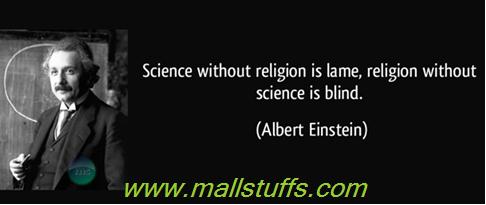
Einstein insulted all atheists and believed in co-existence of religion and science
Can an atheist comment like this? He believed in co-existence of science with religion.
In fact, he separated himself from all atheists by asserting “What separates me from most so-called atheists is a feeling of utter humility toward the unattainable secrets of the harmony of the cosmos. The fanatical atheists are like slaves who are still feeling the weight of their chains which they have thrown off after hard struggle. They are creatures who in their grudge against traditional religion as the 'opium of the masses' cannot hear the music of the spheres".
Defaming all atheists, he said”Whoever undertakes to set himself up as a judge of Truth and Knowledge is shipwrecked by the laughter of the gods”. He also said “When the solution becomes simple, God is answering.”
Many philosopher linked Einstein theories with Hinduism
Many philosophers have compared Einstein scientific discoveries with Vedic philosophies. They have often claimed Einstein theories to be derived from ancient Hindu Vedic texts. For Ex: mass energy equation, E= (mc) ^2, is remarkably similar to Vedanta philosophy of Hinduism and his theory of time dilation can be found in Hindu texts in the form of fascinating stories(Also read Science in Hinduism-Einstein Theory of relativity). In one of his theories, Einstein said “mass converts to energy and that space and time are not absolute”. This is comparable to Vedanta belief that says “universe composed of only one dark matter called as ‘akasha’ and all force, whether electromagnetic or gravitational, originates from cosmic energy ‘Prana’. Universe is created by the projection of Prana on akasha”. Einstein equation can also be symbolized by lord Shiva cosmic dance that converts the subatomic particle of the universe into energy.
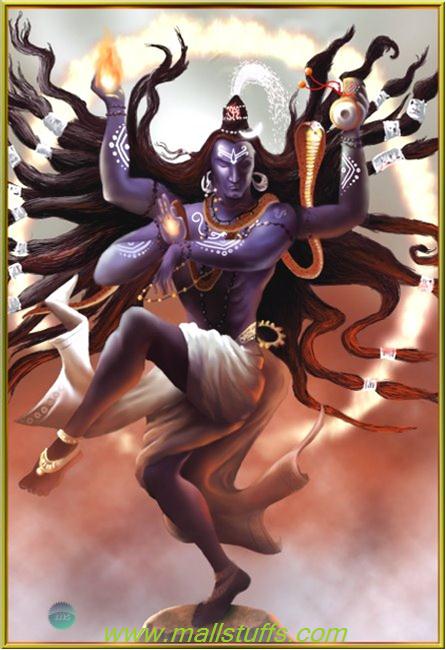
Shiva cosmic dance that converts the subatomic particle into energy
Also, relatively can be defined in terms of 36 tattvas. Only difference between Einstein view and Vedanta view was that Einstein did not speak in terms of spirituality while Vedanta speaks in terms of consciousness and spirituality .
Young Einstein was a spiritual person and followed Jewish rituals
Born to a Jewish family, he was spiritually guided by his parents to follow Jewish rites and rituals. He avoided eating pork and followed all the Jewish rituals under the guidance of spiritual tutor appointed by his parents. His view towards religion and god changed after a family friend gave him several books on quantum physics and natural science.
Study on science compelled him to criticize organized religions
After reading these scientific books, he expressed his views in his autobiography as "Through the reading of popular scientific books, I soon reached the conviction that a lot in the Bible stories could not be true. The result was downright fanatical freethinking, combined with the impression that young people were being lied to by the state." After his criticism on Christianity and Judaism, he abandoned Jewish rituals and parted away from Jewish religious community.
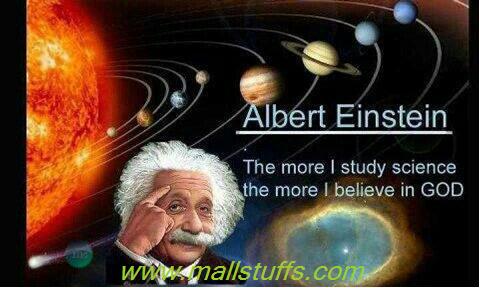
Einstein got attracted to Spinoza philosophy
He then came across the philosophy of Spinoza, written by Dutch philosopher ‘Baruch Spinoza’, who used Euclidean mathematics and scientific theories to express the concept of god. Einstein said “I am fascinated by Spinoza's pantheism. He is the first philosopher to deal with the soul and body as one, and not two separate things”
Similarities between Spinoza philosophy and Hinduism
Philosophy of Spinoza are very close to Advaita and Saiva branch of Hinduism and many Indian historians claimed that Spinoza stole his philosophies from ancient Indian texts. For EX: Spinoza believed in pantheism, meaning "everything is God". Spinoza called this physical universe beyond the perception and analysis of any human. He called whole universe as divine inert godly matter. This belief coincides with the Saiva Siddhanta theory that states this physical universe as mind and body of god and at the same time, god transcends across the entire universe.
Theologians demanded Einstein view on religion and god
Einstein revolutionary scientific experiments and theories offended some theologians because his ideas and experiments were going against the teachings of bible and torah. To know the perspective of Einstein on spirituality, such theologian’s frequently asked him questions on religion and god. In 1940 at a Conference on Science, Philosophy and Religion, he shocked everyone by the following quote
“A person who is religiously enlightened, appears to me to be one who has, to the best of his ability, liberated himself from the fetters of his selfish desires and is preoccupied with thoughts, feelings and aspirations to which he clings because of their super personal value”. He then defined religion as “the age-old endeavor of mankind to become clearly and completely conscious of these values and goals and constantly to strengthen and extend their effect." Above quote is said to be influenced by renowned philosopher ‘rabindranath Tagore’. (Also read Conversation between Einstein and Tagore )
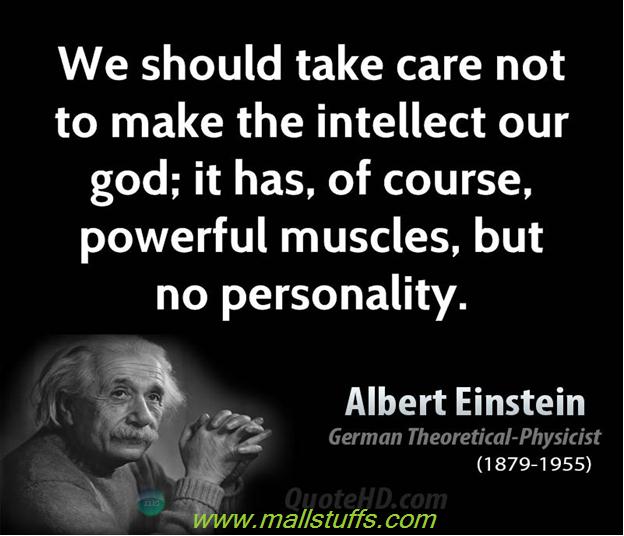
Theologians deliberately misquoted his views on god
Above quotes were against the western concepts of god and very close to eastern philosophies towards god. However, the above quote did not reflect his belief on god. So, some theologians asked him to clarify his stand on god to which he said “I believe in Spinoza's God who reveals himself in the orderly harmony of what exists, not in a God who concerns himself with fates and actions of human beings.”
His explanation confused the theologians. Some took his statement as his belief on god though his definition on god was little different while his critics declared his belief in Spinoza’s non-personal God equivalent to not believing in god at all. Seeing this chaos, he further added “Try and penetrate with our limited means the secrets of nature and you will find that, behind all the discernible concatenations, there remains something subtle, intangible and inexplicable. Veneration for this force beyond anything that we can comprehend is my religion. To that extent I am, in point of fact, religious.”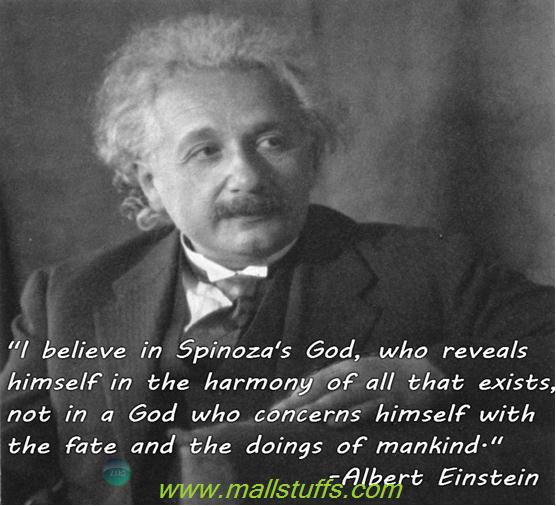
How Einstein explained himself as a religious person
Now that he called himself a religious person, one of the theologians, who saw his view against western religions, asked him to define religion. He replied "I'm not an atheist, and I don't think I can call myself a pantheist. We are in the position of a little child entering a huge library filled with books in many languages. The child knows someone must have written those books. It does not know how. It does not understand the languages in which they are written. The child dimly suspects a mysterious order in the arrangement of the books, but doesn't know what it is. That, it seems to me, is the attitude of even the most intelligent human being toward God. We see the universe marvelously arranged and obeying certain laws, but only dimly understand these laws. Our limited mind grasps the mysterious force that moves the constellations."
Einstein rejected western organized religions
after this, he was straightly asked if he believed in the tenets of western religion to which he bluntly replied "I cannot conceive of a God who rewards and punishes his creatures. Neither can I, nor would I want to, conceive of an individual that survives his physical death; let feeble souls, from fear or absurd egoism, cherish such thoughts. I am satisfied with the mystery of the eternity of life and with the awareness and a glimpse of the marvelous structure of the existing world, together with the devoted striving to comprehend a portion, be it ever so tiny, of the Reason that manifests itself in nature."
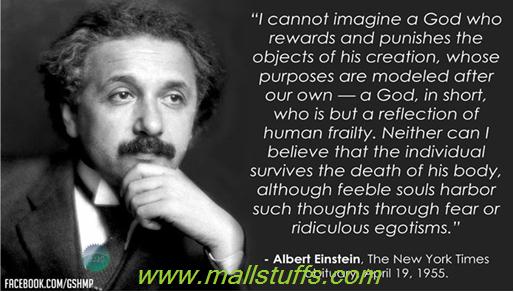
On being asked if the organized religion can offer any spiritual guidance, he said "Speaking of the spirit that informs modern scientific investigations, I am of the opinion that all the finer speculations in the realm of science spring from deep religious feeling, and that without such feeling they would not be fruitful. I also believe that this kind of religiousness, which makes itself felt today in scientific investigations is the only creative religious activity of our time. Science cannot teach men the importance of ethics and morality, for the simple reason that science deals with what is, and ethics with what should be.”
Einstein called his religion as cosmic religion
Then, he termed his religious philosophy as “cosmic religion”, in which the god does not reward or punishes his devotees. He called his cosmic religious belief to be the driving force of his noble scientific theories. He said "The religious geniuses of all ages have been distinguished by this kind of religious feeling, which knows no dogma and no God conceived in man's image; so that there can be no church whose central teachings are based on it.".
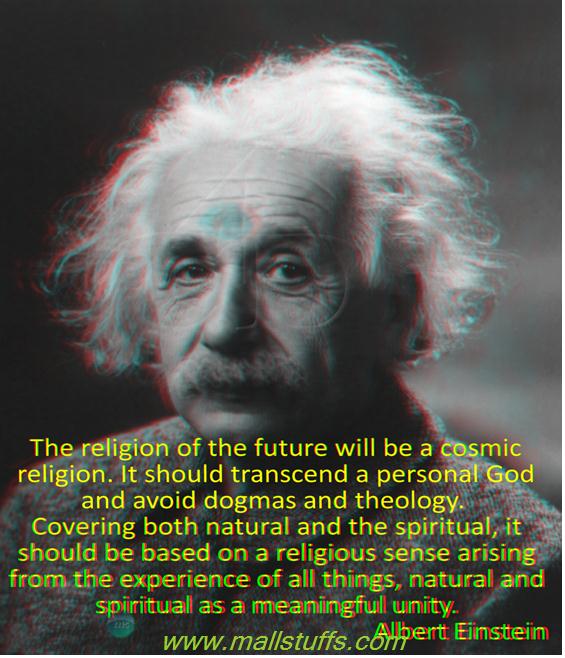
He added “The further the spiritual evolution of mankind advances, the more certain it seems to me that the path to genuine religiosity does not lie through the fear of life, and the fear of death, and blind faith, but through striving after rational knowledge.”
Einstein quotes on cosmic religion
He declared cosmic religion as the future of better mankind. Below quotes expresses his views on cosmic religion, all of which is the fundamental belief of Hinduism.
1) “If you call the universe God, then I believe in God.”
2) “The religion of the future will be a cosmic religion. It should transcend personal God and avoid dogma and theology. Covering both the natural and the spiritual, it should be based on a religious sense arising from the experience of all things natural and spiritual as a meaningful unity.”
3) “Everyone who is seriously involved in the pursuit of science becomes convinced that a spirit is manifest in the laws of the Universe-a spirit vastly superior to that of man, and one in the face of which we with our modest powers must feel humble”
4) “God does not play dice with the universe.”
5) “True religion is real living; living with all one's soul, with all one's goodness and righteousness”
6) "That deep emotional conviction of the presence of a superior reasoning power, which is revealed in the incomprehensible universe, forms my idea of God"
Einstein love for India and Indian philosophy
Throughout his life, Einstein greatly admired two Indians, Mahatma Gandhi and Rabindranath Tagore. Tagore and Einstein were equally concern of the poor and shared their love and ideas on music and religion, all of which you can read in the below post.His love for India increased fourfold after he exchanged letters with Tagore and Mahatma Gandhi. On India, he quoted
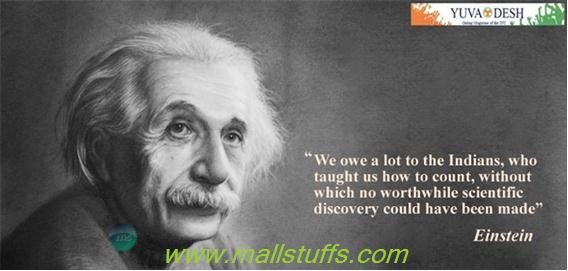 Impressed by the Gandhi approach of gaining independence through non-violence, he exchanged letters with Gandhi. Since Gandhi drew inspiration from bhagavad gita and read it every day, Einstein was attracted to philosophy of bhagavad gita. He praised the rich philosophy of bhagavad gita as
Impressed by the Gandhi approach of gaining independence through non-violence, he exchanged letters with Gandhi. Since Gandhi drew inspiration from bhagavad gita and read it every day, Einstein was attracted to philosophy of bhagavad gita. He praised the rich philosophy of bhagavad gita as
“When I read the Bhagavad-Gita and reflect about how God created this universe everything else seems so superfluous”.
I didn’t found mention of below incident in any historical records. But this incident is widely published across the internet by different indologists.
Dr B.M. Gupta, young scientists from India met Einstein in Princeton Institute of Advanced Studies, USA. One can easily identify an Indian by his/her color and name. Einstein greeted in Sanskrit but the poor Indian, who learnt only English in schools, expressed his inability to understand his words. Einstein was surprised at the poor response of young Indian researcher and mocked him as "You hail from India-the land of Vedanta philosophy, yet you have no knowledge about your ancient language. See the Sanskrit books on Vedanta and Hindu philosophy in my library. Over the last few years, Gita stands as the only source of guidance and inspiration for my scientific research and postulation of scientific theories."
Einstein quest for universal cosmic god
After renouncing his German citizenship to accept US Citizenship, he spent his entire life in deriving proofs for unified field theory. He was trying to prove that all matter and energy of this universe, everything that is happening in this universe, is linked to a common source (God). Though he was not able to prove this theory, he was quite sure of its existence as it was the case with all ancient Indian sages. Einstein wrote “A human being is a part of the whole, called by us 'Universe,' a part limited in time and space. He experiences himself, his thoughts and feelings as something separated from the rest, a kind of optical delusion of his consciousness. This delusion is a kind of prison for us, restricting us to our personal desires and to affection for a few persons nearest to us.
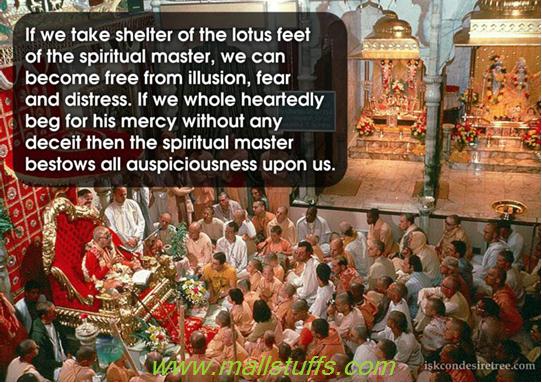
Our task must be to free ourselves from this prison by widening our circle of compassion to embrace all living creatures and the whole of nature in its beauty. Nobody is able to achieve this completely, but the striving for such achievement is in itself a part of the liberation and a foundation for inner security."
Whatever Einstein said in this quote was nothing but the definition of moksha(salvation), Maya(illusion) and Karma(deeds)
Conclusion
All the above quotes stated by Einstein on god have it roots in Hinduism. His quotes suggest that he held complex agnostic views on god and religion. He rejected western organized religions but believed in the cosmic universal god. One may raise many questions or debate on his belief on god yet one who analyzes all his quotes on god and religion, will realize his closeness to Hinduism concept of god.
Note: Images used on this website
are either a production of Bhaktivedanta Book Trust(https://www.krishna.com), Iskcon
Foundation or were found in google search under "Free to use and share". If any
of the images presented here violates copyright issues or infringes anyone copyright
or are not under "Fair use", then please bring it to our notice. Read
Disclaimer for more.
Share this to your friends. One of your friend is
waiting for your share.
Related Articles
Was einstein a theist and believer of hinduism
srila praphupada conversation with a reporter on Darwin theory of evolution
Why Dance worship in hinduism
Post Comment